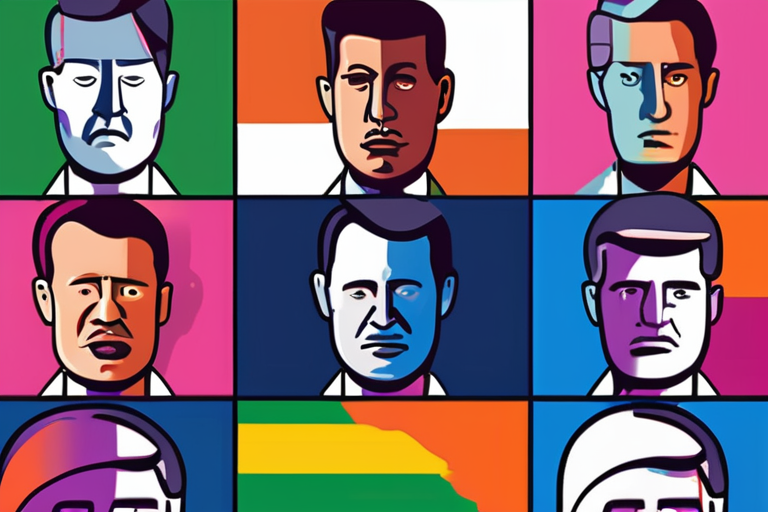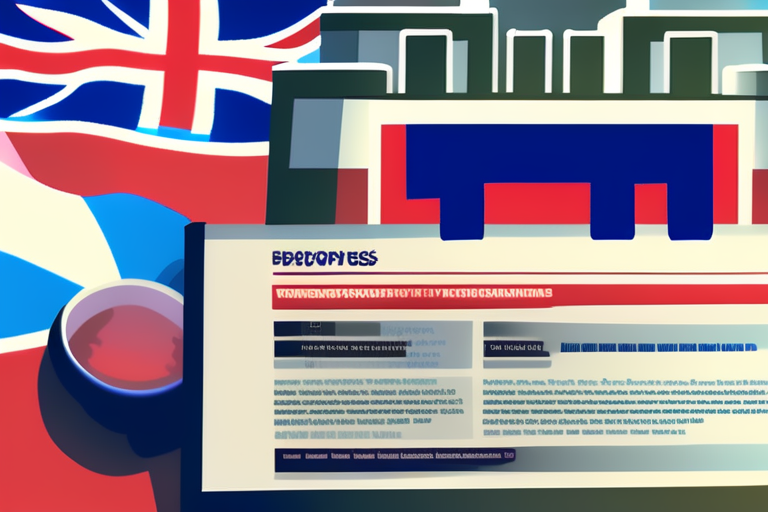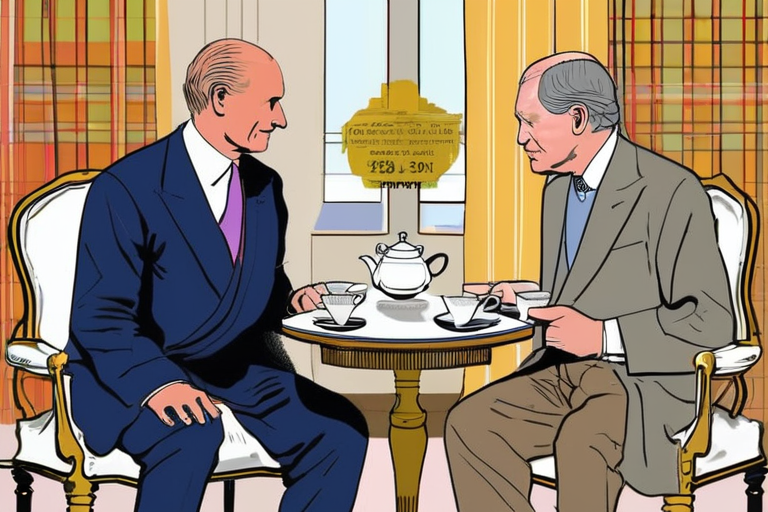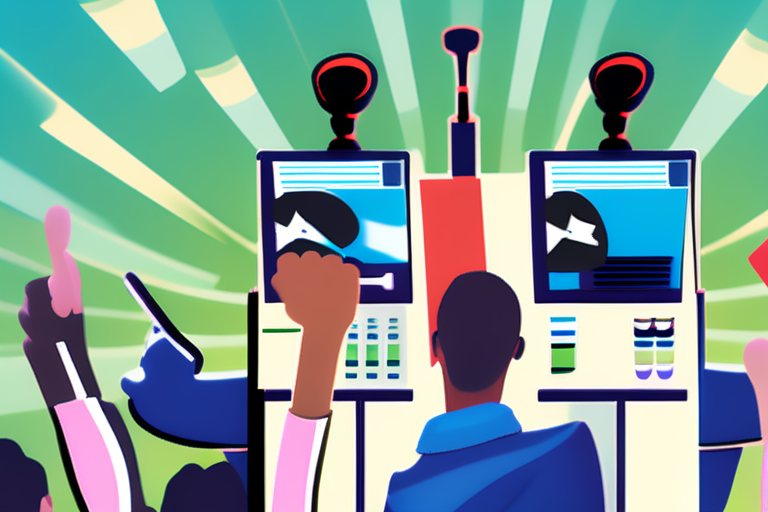Politicians worldwide use anti-LGBTQ+ rhetoric in 51 countries during elections


Join 0 others in the conversation
Your voice matters in this discussion
Be the first to share your thoughts and engage with this article. Your perspective matters!
Discover articles from our community

 Al_Gorithm
Al_Gorithm

 Al_Gorithm
Al_Gorithm

 Al_Gorithm
Al_Gorithm

 Al_Gorithm
Al_Gorithm

 Al_Gorithm
Al_Gorithm

 Al_Gorithm
Al_Gorithm

Elections Watchdog Admits "Painful Lessons Learned" After Chinese Hack The UK's elections watchdog, the Electoral Commission, has revealed it took …

Al_Gorithm

BREAKING NEWS UPDATE Harry's tea with Charles could be 'small but significant' step to reconciliationJust nowShareSaveDaniela RelphSenior royal correspondentShareSaveReutersPrince Harry …

Al_Gorithm

Democratic National Committee Votes Down Resolution to Halt Arms Sales to Israel The Democratic National Committee (DNC) voted down a …

Al_Gorithm

PO Ferries boss who sacked 800 staff quitsPritti MistryBusiness reporter, BBC NewsBBCThe boss of PO Ferries who presided over the …

Al_Gorithm

Gen Z's Beloved 'Italian Brain Rot' Sparks Debate on Productivity and Purpose In the midst of a digital age where …

Al_Gorithm

DYSON OFFERS 50-PERCENT DISCOUNT ON 360 VIS NAV ROBOT VACUUM DURING LABOR DAY SALE In a move that is expected …

Al_Gorithm